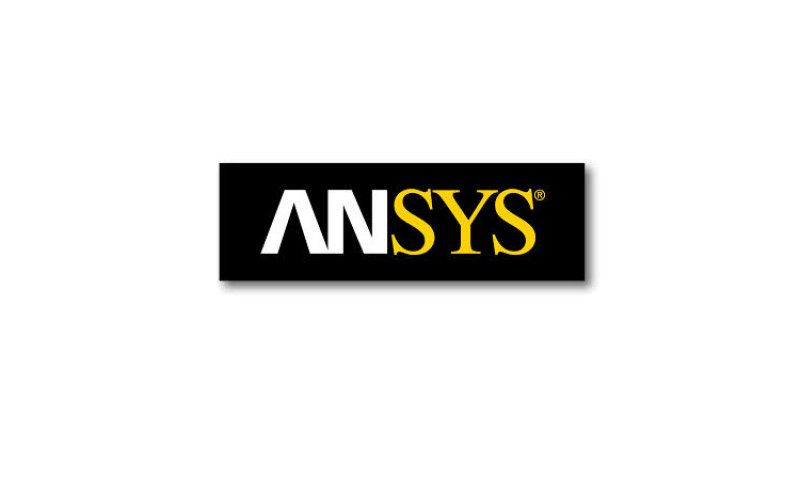ANSYS integrated circuit simulation tools help meet power and thermal requirements for 3D-IC development.
ANSYS has recently announced that Fujitsu Limited is using its power noise and reliability solutions to create three-dimensional integrated circuits to meet performance requirements for next-generation high-performance central processing units.
These chips leverage three-dimensional integrated circuit (3D-IC) architecture to gain power, performance and price advantages, but the configuration increases the design complexity and the challenges associated with power and thermal management. ANSYS® RedHawk™ and ANSYS® Sentinel™ provide Fujitsu with the ability to perform IR (voltage) drop, electromigration (EM) and thermal reliability analysis of its large processor designs by delivering full-chip capacity, fast turnaround time and production-proven sign-off accuracy.
Finding the optimal floor plan for 3D-IC requires placement of through-silicon-via (TSV), as well as the power/ground network. This added complexity necessitates early-stage floor planning, analysis and debugging, as power and thermal issues become difficult to resolve later in the design process. Using RedHawk, Fujitsu can explore various TSV placement options to meet chips’ power noise and reliability requirements.
“The use of 3D-IC architecture adds complexity that needs to be addressed early in the design process,” said Tatsumi Nakada, Director, Next Generation LSI Packaging Development Office at Fujitsu Limited. “By using RedHawk and Sentinel, we are able to optimize our design to meet power, performance and chip cost targets.”
“Industry-leading companies such as Fujitsu need to continuously push the envelope to meet their customers’ needs,” said Fares Mubarak, ANSYS vice president and general manager. “ANSYS is committed to delivering best-in-class solutions that address our customers’ growing power noise and reliability challenges.”


